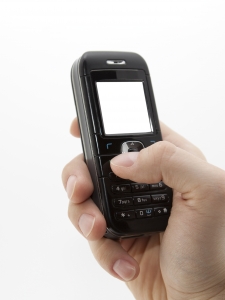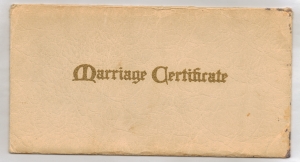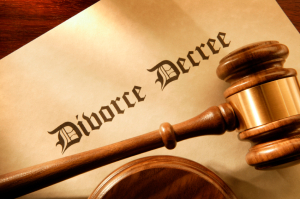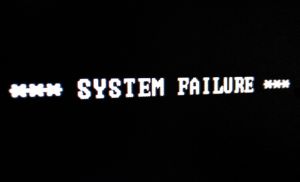Have you ever had the urge to be sneaky and record a phone call or a conversation between yourself and another person? You just want to prove that the other person is a liar or otherwise full of it, and you decided that recording the call is the best way to get that done. It is a perfectly normal and human thing to want to do. Well, doing that could get you into trouble in Florida and other states, if you do not let the other person know that you’re recording. As a Jacksonville divorce lawyer, I have on occasion enlightened clients that wanted to gain evidence against a spouse during divorce proceedings that this is not a good idea.
 Have you ever wondered why the first thing you hear when you call a 1-800 number is, “This call may be recorded for training and quality assurance purpose.”? Some states, such as Florida, have laws that make it a crime to record a conversation without the knowledge and consent of the people taking part in the conversation. When you are told that the phone call is being recorded, but continue the call, you are consenting to being recorded. The rule against recording or “intercepting” communication applies to live conversations in person and conversations transmitted by wire or electronic means, basically over pretty all of the ways people communicate. Continue reading
Have you ever wondered why the first thing you hear when you call a 1-800 number is, “This call may be recorded for training and quality assurance purpose.”? Some states, such as Florida, have laws that make it a crime to record a conversation without the knowledge and consent of the people taking part in the conversation. When you are told that the phone call is being recorded, but continue the call, you are consenting to being recorded. The rule against recording or “intercepting” communication applies to live conversations in person and conversations transmitted by wire or electronic means, basically over pretty all of the ways people communicate. Continue reading
 Jacksonville Divorce Attorney Blog
Jacksonville Divorce Attorney Blog










